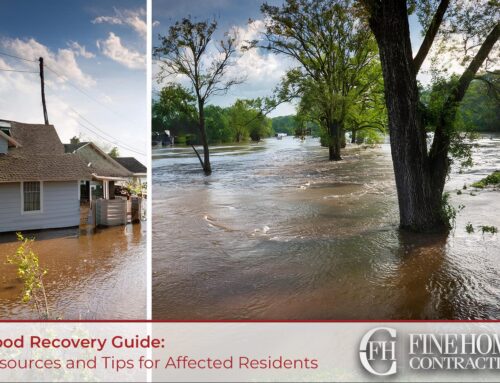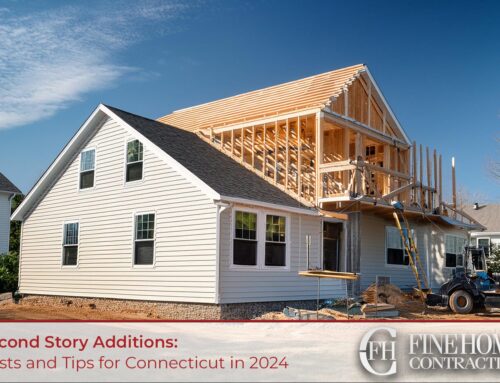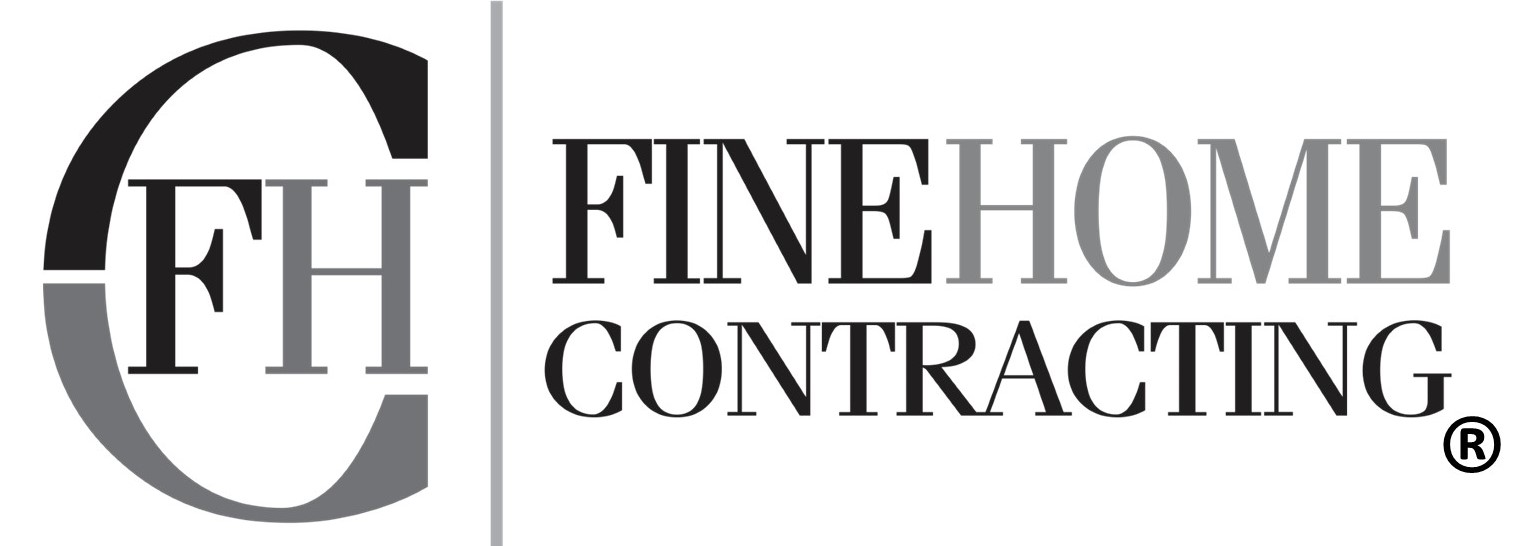In the dynamic world of real estate, effective marketing can significantly impact your success. With the right strategies, realtors can attract more clients, build a solid reputation, and drive sales. This comprehensive guide delves into essential marketing methods, each accompanied by practical checklists and comparison lists, designed to elevate your real estate business.
Personal Branding: Making Your Mark in Real Estate
Why Personal Branding Matters: Personal branding is about building an image and reputation that resonates with your target audience. It’s what sets you apart in a crowded market and makes you memorable. It’s not just about a logo or a color scheme; it’s about crafting a consistent image and message that resonates with clients. Effective branding communicates a realtor’s values, expertise, and unique selling propositions, making them stand out from the crowd. It builds trust and recognition, which are vital for attracting and retaining clients. A strong personal brand can significantly impact a realtor’s ability to generate leads, close deals, and foster long-term client relationships in the real estate industry.
Key Elements of Personal Branding:
- Professional Image
- Unique Selling Proposition (USP)
- Consistency across all platforms
Personal Branding Checklist:
- Tell Your Unique Story: Share your journey in real estate, your motivations, and what sets you apart. A compelling story can create a personal connection with potential clients.
- Specialize and Showcase Expertise: Focus on a specific niche or area in real estate and build your brand around your expertise in that sector.
- Consistent Visual Branding: Use a consistent color scheme, logo, and style in all your marketing materials for easy recognition.
- Engage Regularly with Your Audience: Use social media and other platforms to consistently engage with your audience. Regular updates, insights into your daily work, and market news can keep you in the public eye.
- Educational Content: Position yourself as a thought leader by creating educational content such as blogs, videos, or webinars about real estate topics.
- Client Testimonials and Success Stories: Share testimonials and success stories to build trust and credibility.
- Networking and Community Involvement: Actively participate in community events and professional networking groups to enhance your visibility and reputation.
- Professional Development: Continuously update your skills and knowledge in real estate, and share these learning experiences with your audience.
Leveraging Social Media: Building Connections
The Power of Social Media in Real Estate: Social media platforms are not just about showcasing properties; they’re about building relationships and establishing trust with your audience. They allow realtors to showcase properties, share market insights, and build their brand in a way that is both personal and far-reaching. Platforms like Facebook, Instagram, and LinkedIn offer unique opportunities to create visually appealing content, connect with the community, and target specific audiences with tailored messaging. By leveraging social media effectively, realtors can significantly enhance their market presence, attract more leads, and build lasting relationships with clients.
Best Platforms for Realtors:
- Instagram: Great for visuals and stories.
- TikTok: Great for video and casual content, home showcases and personal stories.
- Facebook: Ideal for community building and targeted ads. (Try Boosting a post that has already done well!)
- LinkedIn: Perfect for professional networking.
Social Media Strategy Checklist:
- Identify the platforms most used by your target audience.
- Create a content calendar.
- Post consistently, mixing property listings with educational and engaging content.
- Utilize paid advertising and boosts for targeted reach.
Social Media Tips:
- Utilize Storytelling in Social Media: Share stories about your properties, client experiences, and personal insights into the real estate market. This builds a more personal connection with your audience.
- Engage with Your Audience: Regularly interact with followers by responding to comments and messages. This engagement helps to build a community around your brand.
- Participate in Online Forums and Groups: Engage in real estate-related forums and groups to establish your presence and expertise.
- Collaborate with Local Businesses: Partner with local businesses for co-marketing opportunities to expand your reach.
- Local Community Group Posting: Regularly post in local community groups on platforms like Facebook. This can increase your visibility and credibility within the community and helps to target potential local clients.
- Local Business Networking Groups: Join and actively participate in local business networking groups. These groups are valuable for establishing connections with other business owners, which can lead to referrals and collaborative marketing opportunities.
- Boosting Successful Facebook Posts: Identify your most engaging Facebook posts and boost them to reach a wider audience. This is a cost-effective way to increase visibility and lead generation.
- Maintain a regular posting schedule on social media.
- Send out newsletters and emails at consistent intervals.
- Keep branding and messaging consistent across all platforms.
- Facebook Ads Tips:
- Targeted Audience Selection: Utilize Facebook’s detailed targeting options to reach specific demographics, locations, and interests relevant to your real estate niche.
- A/B Testing: Experiment with different ad formats and content to see what resonates best with your target audience. Use A/B testing to refine your advertising strategy.
- Use Compelling Visuals and Clear CTAs: Ensure your ads have high-quality images or videos of properties and include clear calls to action (CTAs) like ‘Contact Us’ or ‘View Listing’.
SEO and Website Development for Realtors
SEO (Search Engine Optimization) is critical for realtors to increase the visibility of their websites in search engine results. This involves optimizing website content with relevant keywords, ensuring the website is mobile-friendly, and having fast loading speeds. Optimizing your SEO makes you more visible on google searches through your website, as well as on social media by being the first listing for relevant searches. SEO and content marketing go hand in hand, and creating content with SEO in mind is a great start to building your network and lead list.
Realtor Website Development Essentials:
- User-Friendly Design: The website should be easy to navigate, with a clean, professional design that reflects your brand.
- High-Quality Visuals: Use high-quality images and videos of listings to attract and engage visitors.
- Contact Information and Lead Forms: Make it easy for visitors to contact you or leave their information through lead generation forms.
- Integration of MLS Listings: Integrate MLS listings into your website to provide visitors with up-to-date property information.
- Testimonials and Reviews: Showcase client testimonials and reviews to build trust and credibility.
Website SEO Checklist:
- Keyword Research: Identify keywords that potential clients are using to search for real estate services and integrate these into your website content.
- Content Marketing: Regularly updating your website with informative and engaging content like blogs or market analyses can improve your SEO. This not only attracts visitors but also keeps them engaged.
- SEO Blogs and Pages: Creating specific blogs and pages optimized for SEO can help in ranking higher on search engines. These should provide valuable information to readers while incorporating targeted keywords.
- Local SEO: Optimize your website for local search results. This includes listing your business on Google My Business and other directories, and including local keywords in your content.
- Backlinking: Acquire quality backlinks from reputable websites. This improves your site’s authority and ranking.
- Mobile Optimization and User Experience: Ensure your website is mobile-friendly and offers a great user experience. A well-designed, easy-to-navigate website keeps visitors engaged longer, reducing bounce rates.
- Technical SEO: Pay attention to technical aspects like site speed, URL structure, and sitemaps to ensure search engines can easily crawl and index your website.
Content Marketing in Real Estate:
Content marketing helps establish you as a thought leader, providing valuable information to potential clients and boosting your SEO efforts. Depending on the type of content, you can strategize to create a candid, personal relationship with each viewer, or bolster the professionality of your brand.
Types of Content Marketing:
- Blogging
- Video Tours and Vlogs
- Podcasts
- Infographics
Content Marketing Checklist:
- Define your content goals (education, engagement, entertainment, or SEO).
- Develop a content calendar.
- Create diverse content (blogs, videos, infographics).
- Promote your content across various channels.
- Track engagement and adjust your strategy as needed.
Networking: Beyond Online Connections
While online marketing is vital, personal connections still play a crucial role in the real estate industry.
Networking Opportunities for Realtors:
- Local Community Events
- Real Estate Conferences
- Online Forums and Groups
Networking Checklist:
- Attend local and industry events.
- Engage in online real estate forums.
- Follow up with new contacts promptly.
- Offer and seek referrals.
- Stay active in community initiatives.
Client Reviews and Testimonials: Building Trust
Client reviews and testimonials are invaluable in building trust and credibility with potential clients.
Platforms for Real Estate Reviews:
- Google My Business
- Zillow
- Realtor.com
- Yelp
Testimonials and Reviews Checklist:
- Encourage clients to leave reviews.
- Respond to all reviews, positive or negative.
- Showcase testimonials on your website and social media.
- Regularly update your review profiles.
- Utilize positive reviews in marketing materials.
Paid Advertising: Expanding Reach
Paid advertising can target specific demographics, boosting your visibility and reaching a wider audience.
Paid Advertising Platforms for Realtors:
- Google Ads
- Facebook and Instagram Ads
- Tiktok Ads
- Linkedin Ads (For Professional and B2B networking)
- Reddit Ads (Great choice if you only serve one state)
- Local Print Media (More costly and less effective than in the past)
Paid Advertising Checklist:
- Define your target audience. Smaller, more specific audiences will keep your spend low and conversions high.
- Set a budget for your campaigns.
- Create engaging and targeted ads.
- Monitor and adjust campaigns based on performance.
- Experiment with different platforms to find what works best.















